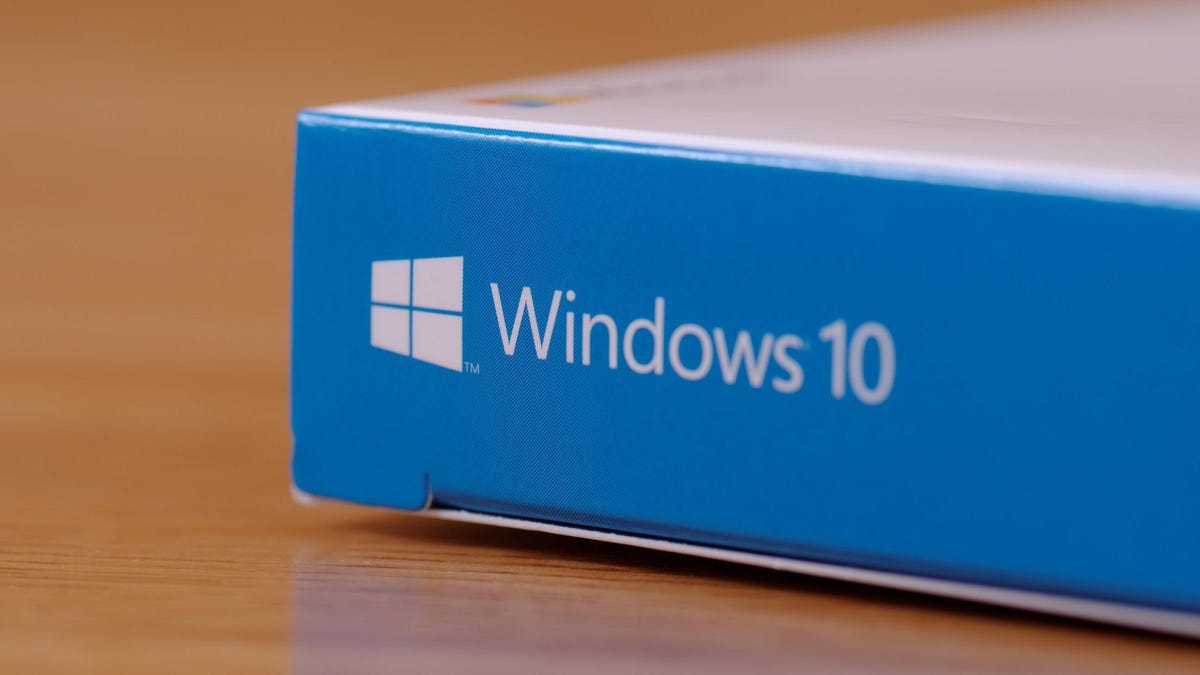Where to Buy Windows 10 When Microsoft Stops Selling It
My friends, it’s been a great run—but Microsoft will stop selling Windows 10 on Tuesday, Jan. 31, one week from this article’s publication. The news isn’t necessarily shocking, since the company has been full-steam-ahead with Windows 11 since October...

Photo: g0d4ather (Shutterstock)
My friends, it’s been a great run—but Microsoft will stop selling Windows 10 on Tuesday, Jan. 31, one week from this article’s publication. The news isn’t necessarily shocking, since the company has been full-steam-ahead with Windows 11 since October 2021. However, it’s still a sad development. Windows 10 is the preferred OS for many PC users who still can’t stomach upgrading.
Of course, Windows 10 isn’t dead. Microsoft will continue to support both Windows 10 Home and Windows 10 Pro until Oct. 14, 2025, giving plenty of us on PC an excuse to keep running the OS until then. If you already have Windows 10 running on your PC, you’re good to go. But if you’re going to build a PC, you’re going to need a new license to install the beloved OS. Here’s where you can get one.
Buy Windows 10 from Microsoft directly (while you can)
As of this article, Microsoft is still selling Windows 10 licenses on its website. You can buy Windows 10 Home for $139, and Windows 10 Pro for $199.99. If you want to buy a legitimate copy of Windows 10 before Microsoft’s end-of-month deadline, now’s the time to do it.
Come Feb. 1, though, you won’t have any luck making purchases on Microsoft’s site. So, where can you turn?
Brick and mortar stores
Just because Microsoft is no longer selling Windows 10 doesn’t mean every other store is pulling the plug. Look to established outlets like Best Buy, Staples, or OfficeDepot for copies of Windows 10. Depending on the store and inventory, you might find a digital download or a physical copy of the software.
G/O Media may get a commission
Look for old PCs with product key stickers
If you have access to an old PC with a product key sticker on the outside, you can use those codes to activate Windows 10 on your current PC. These stickers work all the way back to Windows 7, so it’s a potential solution here.
Be careful of third-party resellers
The first places that pop up when you search for Windows 10 licenses are third-party resellers. These sites have existed for years, and they offer copies of Windows 10 for way less than Microsoft. While the Windows developer charges up to $200 for a copy of Windows 10, sites like Kinguin or PCDestination will sell you a key for anywhere from $25 to $40.
The reason these sites can sell these licenses at such a markdown is because they obtained the software for cheap, one way or another. Perhaps the site was able to buy the key in another country where Microsoft chargers less for Windows 10. Or perhaps the key is stolen. It’s impossible to know for sure.
You can download one of these keys and hope for the best, but, since you don’t really know whether it’s legitimate or not, there’s no telling how your PC will respond. You might activate the key and ride out Windows 10 into 2025. Or Microsoft could come around in a year and tell you the license isn’t legit. Or, worse, you might not be able to activate the key at all.
While the prices might be tempting, the safer bet is to pay full price with one of a reputable store, as I discussed above. Even Amazon’s Windows 10 copies can’t always be trusted. Of course ...
You don’t actually need to buy Windows 10 to run Windows 10
If all you want to do is run Windows 10 on your PC without paying a dime, you can totally do that, without resorting to piracy. Windows is a bit unique: Microsoft actually lets you download and install the OS on your machine without paying for it first—if you do so from an ISO. You can install the OS from a flash drive 0r DVD, and, once complete, ignore the pop-ups asking you to activate the software.
Microsoft does place some limitations and annoyances on unactivated versions of Windows 10. You’ll have to deal with a watermark on the screen, and you’ll lose the ability to change themes or wallpapers (although you can set your wallpaper by right-clicking on an image). But you’ll be able to install all updates, and, for the most part, use the OS as if you had a license. You can always activate the software with a product key in the future if you like.

 Kass
Kass 































